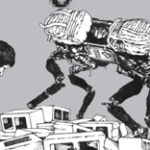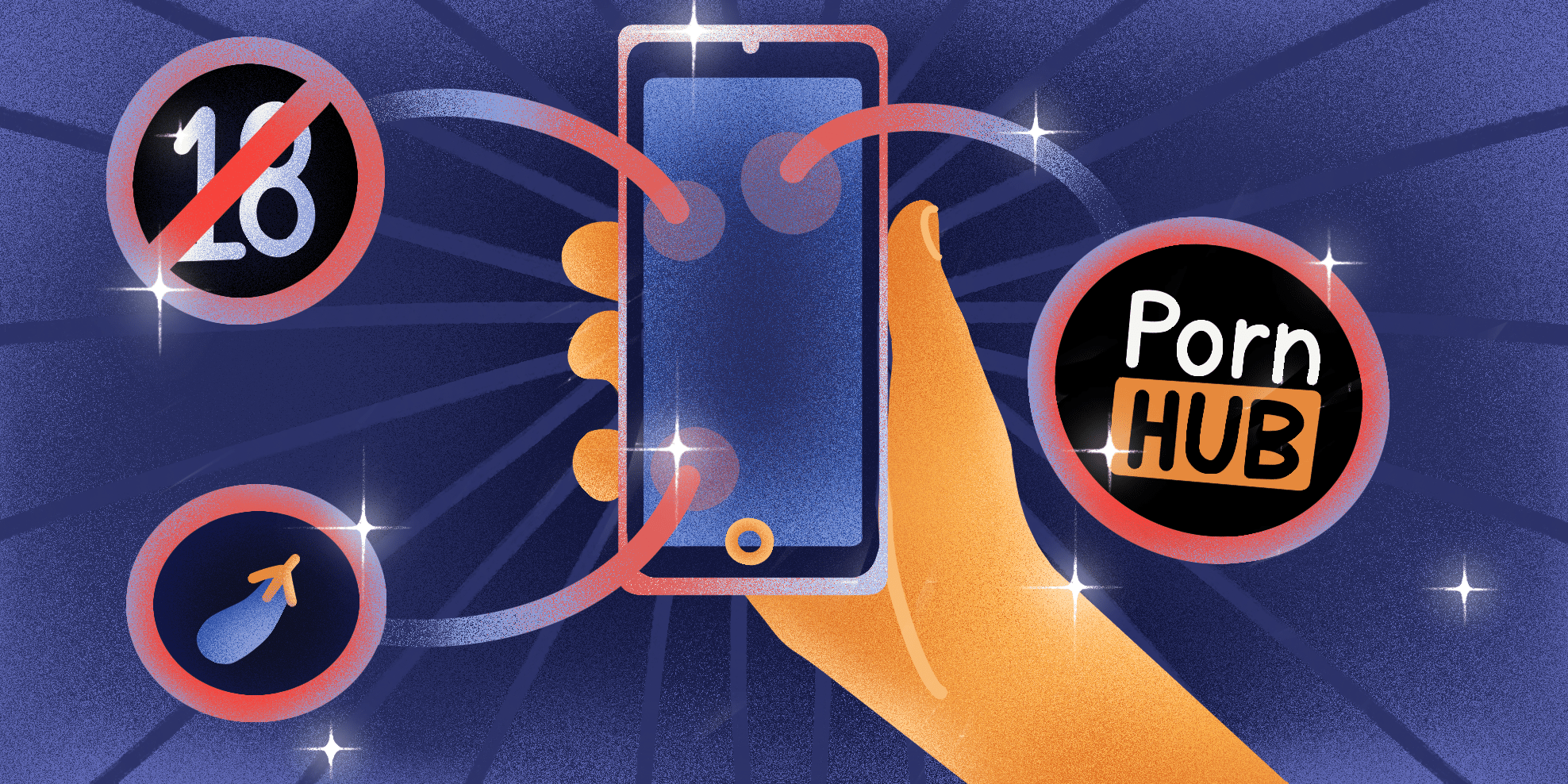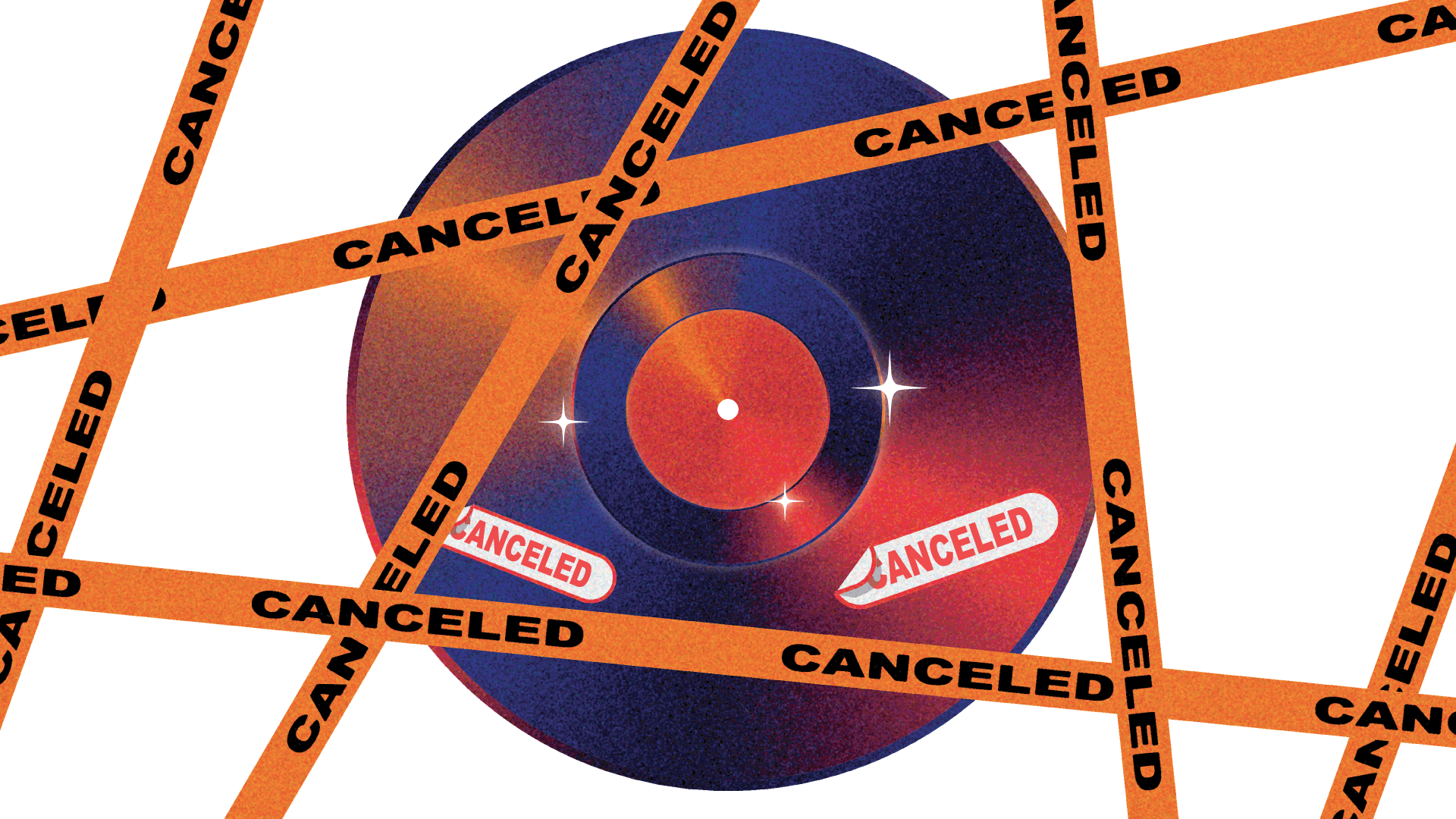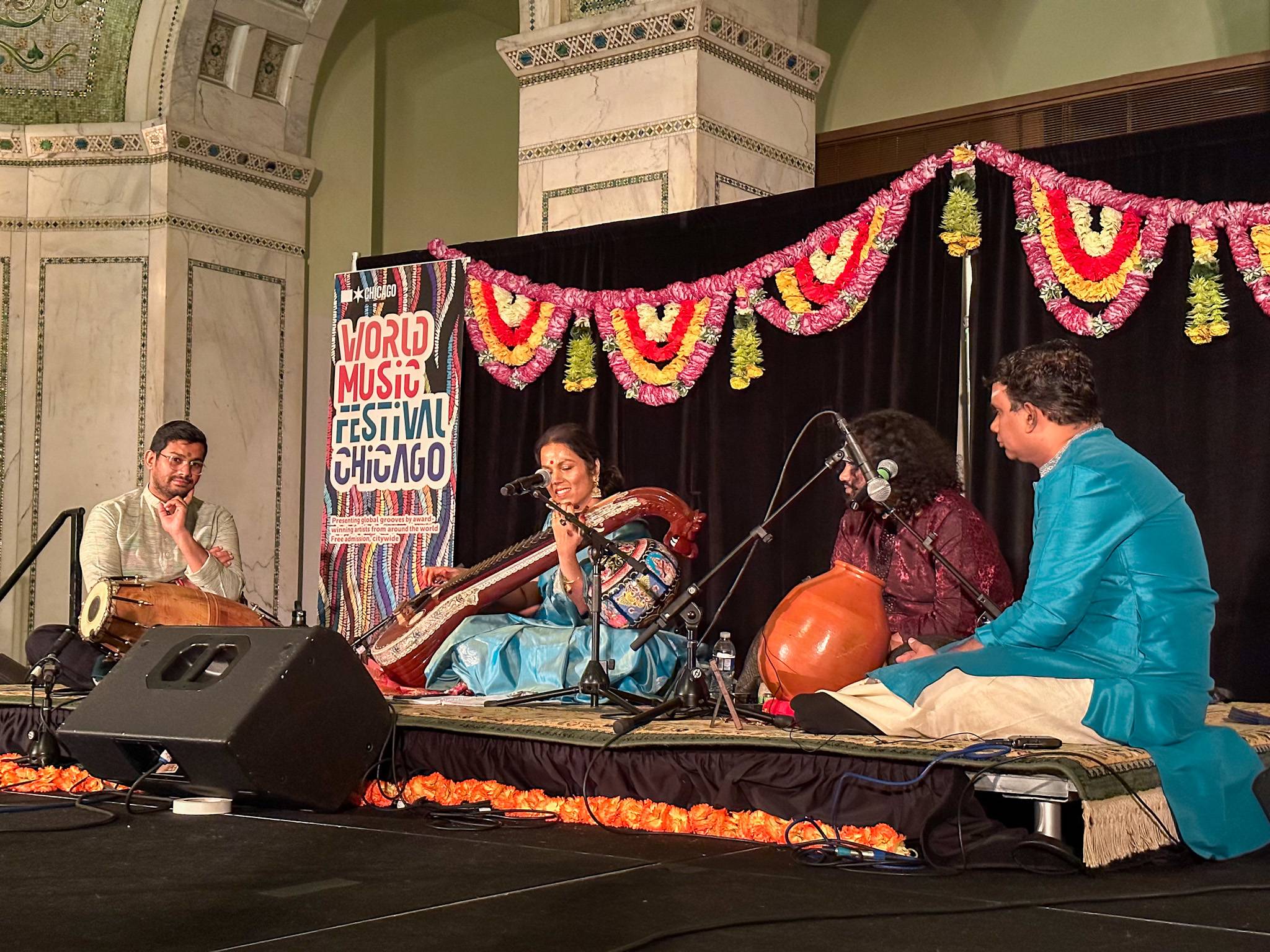What it means about the relationship between humans and technology
I’m going to sound like a conspiracy theorist for a moment. For millennia, people have been obsessed with the idea of a dystopian near-future where humans can fly and re-grow limbs; one in which they have tamed nature to the point where it’s been subverted to their will. After the industrial revolution, these fantasies became intricately linked with the development of machines. Today, machines are omnipresent, and the forces that control our lives—capital, data, the Internet—are unseen, incomprehensible and all-powerful. One should question the astuteness of leaving so much power over the running of our societies to machines and quantities that we can barely understand.
Starting on April 12, 2009, Amazon.com was hit by an unfortunate “system failure” that took books written by and about homosexuals, along with other “obscene” materials, off their commercial listings and removed their sales rankings. Whether this was a “glitch,” as the company claims, or a more sinister third party hack is hardly the important question: the fact that Amazon has the power to single-handedly slash and burn a whole subsection of literature with the flick of a metaphorical switch is horrifying. That’s a tremendous amount of power—not just over books, but over human knowledge. It should make us realize that Amazon.com and its rivals, like Google, are not benign media giants stationed for our convenience about the green cyber-pastures of the Internet. They are ubiquitous data-powers that we have invested with an enormous amount of control over culture—control that no governing body has ever had over the commerce of ideas.
When the meta-apocalypse occurs and civilization comes crashing down in a mess of twisted computer chips, don’t blame the robots. My computer can’t even handle parallel downloads (I’m sure the sleek little bastard will be crying in a corner). Blame the fact that we have given away power over our combined knowledge to a host of nameless, faceless collectives for the sake of convenience, instead of guarding our intellectual patrimony from abuse.
So, am I telling you to go out there and form a small band of plucky cyber-terrorists to waylay the media powerhouses on the informational highways of the Internet and demand that we institute a series of checks and balances to protect our culture from their craven cybernetic ways? Well, that’s really up to you.






















